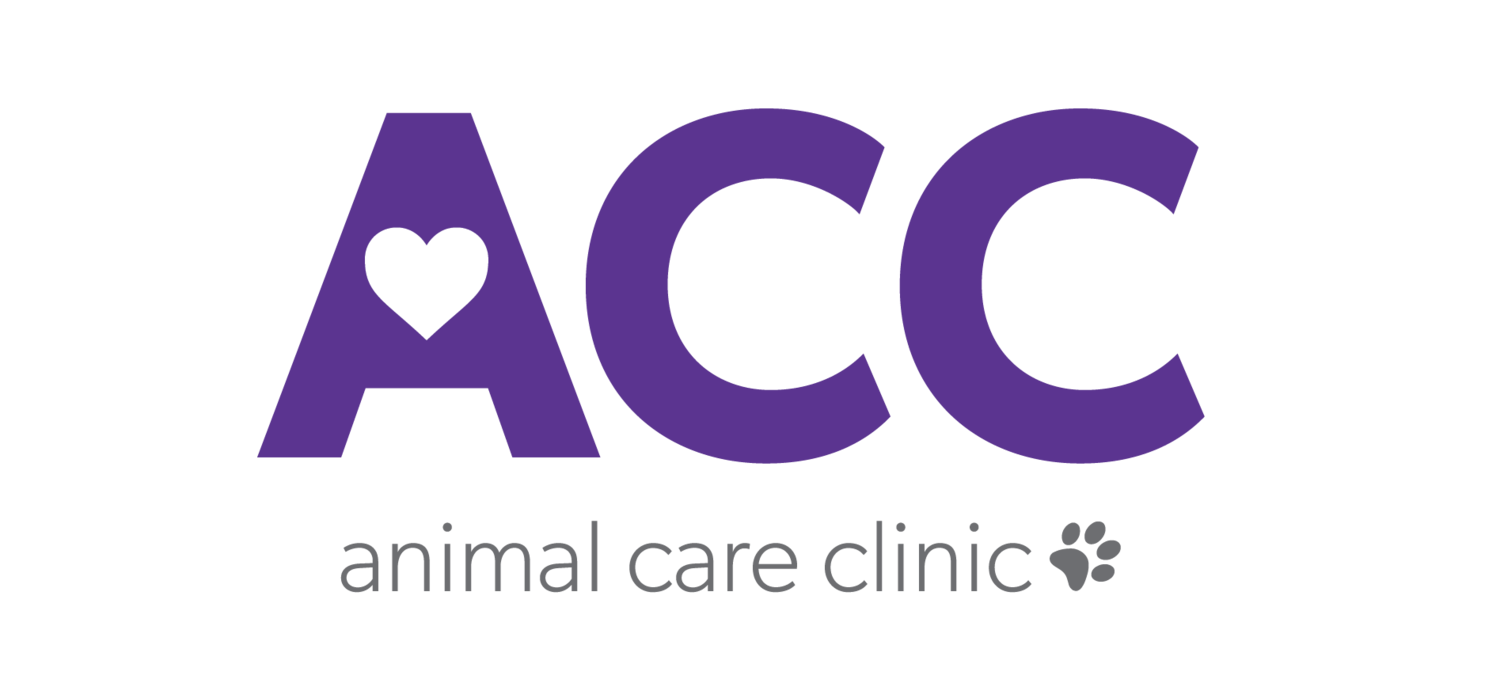Not every snack on your plate is safe to share with your dog—but some fruits and vegetables can actually make great low-calorie treats or meal boosters. Packed with fiber, vitamins, and antioxidants, certain produce can help your dog stay hydrated, support digestion, and promote overall health—as long as you know what’s safe and what to skip.
Here’s a simple guide to dog-friendly fruits and veggies, plus a few important safety tips.
Why Include Fruits and Vegetables in Your Dog’s Diet?
Dogs are omnivores, meaning they can digest a mix of animal and plant-based foods. While fruits and vegetables shouldn’t replace a complete, balanced dog food, they can add texture, flavor, and nutrition when used as a treat or supplement.
Safe produce can:
Provide natural fiber to support digestion
Add moisture, especially helpful in warm months
Offer a boost of vitamins, minerals, and antioxidants
Serve as a healthy alternative to processed treats
What Vegetables Can Dogs Eat?
Many vegetables are safe—and even beneficial—for dogs when served plain and in moderation. Just make sure they’re cut into bite-sized pieces and never seasoned. Here are some of the best options:
Dog-Friendly Vegetables:
Carrots – Crunchy and sweet, great raw or cooked
Green beans – Low-calorie and fiber-rich (best steamed or boiled)
Broccoli – High in fiber and vitamin C (small amounts only)
Sweet potatoes – Cooked only; a great source of beta-carotene
Cucumbers – Hydrating and low in calories
Zucchini – Soft texture, easy to digest
Spinach – Fine in small quantities; high in iron and antioxidants
Tip: Always chop veggies into bite-sized pieces and serve them plain—no butter, garlic, salt, or seasoning.
Fruits for Dogs: Safe and Tasty Treats
Fruits can make great occasional treats, especially for hydration and variety. Just keep portions small, since most fruits are naturally high in sugar.
Dog-Safe Fruits:
Apples – Remove seeds and core; full of fiber and vitamin C
Blueberries – Antioxidant-rich and easy to serve
Bananas – Soft, potassium-rich, and usually well tolerated
Strawberries – High in vitamin C; offer in moderation
Watermelon – Remove seeds and rind; hydrating and low-calorie
Pears – Remove seeds and core; good source of fiber
Mango – Peel and remove pit before serving
Serve fresh or frozen (no sugar or additives), and keep portions small—especially for dogs with sensitive stomachs.
Fruits and Vegetables Dogs Should Avoid
Some produce is toxic to dogs—even in small amounts. Always avoid these:
Never Feed Your Dog:
Grapes & Raisins – Can cause sudden kidney failure
Onions & Garlic – Damages red blood cells, potentially leading to anemia
Avocado (especially pit/skin) – Contains persin, which can cause vomiting and diarrhea
Cherries (pits, stems, leaves) – Cyanide risk and choking hazard
Mushrooms (wild varieties) – Many are toxic and potentially fatal
Rhubarb – Contains oxalates that affect the kidneys
Important: If your dog accidentally eats any of these, contact your vet immediately.
Serving Tips: Keep It Simple and Safe
Not all dogs digest produce the same way. Here are some basic tips to keep snacks healthy and worry-free:
Wash thoroughly to remove pesticides
Peel and remove seeds or pits
Serve raw or steamed—avoid frying or seasoning
Start small and watch for signs of digestive upset
Stick to fresh or frozen produce—avoid canned options with added sugar or salt
Keep Your Dog’s Needs in Mind
Even fruits and vegetables for dogs can cause mild upset if introduced too quickly or in large amounts. Start with a small portion and watch for signs like gas, loose stool, or itching.
Some dogs with existing health issues, such as diabetes, kidney disease, or food allergies, may need to avoid certain foods altogether. When in doubt, it’s always best to check with your vet before adding new ingredients to your dog’s diet.
Healthy Treats Start with Smart Choices
Fruits and vegetables can be a fun, nutritious way to treat your dog—without the guilt of processed snacks. When offered responsibly, they add fiber, hydration, and valuable nutrients to your dog’s routine.
Stick to safe options, avoid the dangerous ones, and keep portions small.
Your dog doesn’t need fancy seasonings—just a few crisp carrot slices or a cool piece of watermelon will make their tail wag.
Healthy treats, happy pup. Simple as that.
If you think your pet has accidentally ingested something that’s making him sick or you have questions about what is toxic to cats, our veterinarian in Junction City, KS can help. We offer pet emergency and urgent care six days a week. For emergencies and urgent pet care, call us at 785-762-5631.
To request an appointment at our veterinary clinic for vaccinations, checkups or flea and tick solutions, contact us today.

